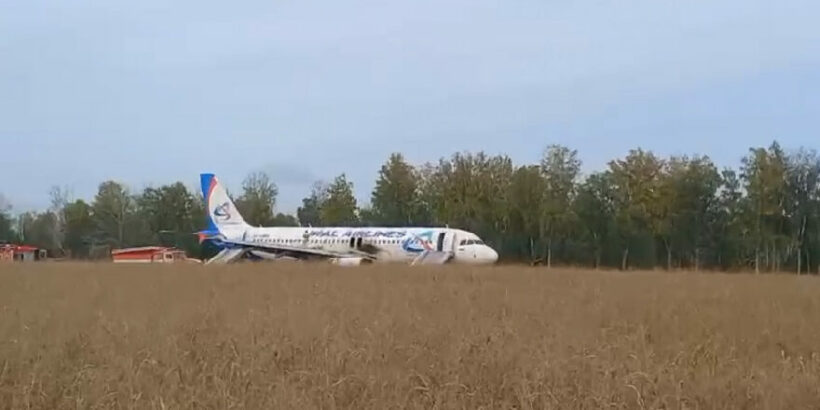Following the results of the investigation into the aviation incident involving Ural Airlines’ A320 (RA-73805) when it was forced to land in a wheat field near Novosibirsk due to lack of fuel, Rosaviatsia has decided to cancel its previous report, and due to the newly discovered circumstances, Vyacheslav Fyodorov, head of the West Siberian Interregional Territorial Department (ZS ITU) of Rosaviatsia, appointed a new commission with the involvement of representatives of Aeroflot and Ural Airlines, as well as Aeroflot’s aviation school and Rosaviatsia’s Ural ITU. This is reported by the Izvestia newspaper
This decision by Rosaviatsia indicates that the agency’s leadership may have been dissatisfied with the results of the investigation and, possibly, with the conclusions that followed from the report. The new commission will conduct a follow-up investigation, and its chairman has the right to involve the necessary specialists for a more complete and objective review of all the causes of the emergency landing.
The report on the results of the investigation of the A320 forced landing was approved on October 31 by Ivan Belov, acting head of the Federal Air Transport Agency of Rosaviatsia. The incident was investigated by a six-member commission consisting of representatives of various organizations, including the Urals and NW MTU of Rosaviatsia, Ural Airlines, the West Siberian branch of the State Corporation for Air Traffic Management, and S7 Engineering, a subsidiary of S7 Airlines engaged in aircraft maintenance.
The report’s conclusions noted that the forced landing was the result of several factors. First, the pilots made errors in determining the actual position of the landing gear and flaps after the hydraulic system failed. This led to an incorrect configuration of the airplane before landing. In addition, in calculating the amount of fuel required, an unjustified decision was made to leave for an alternate airfield in Novosibirsk.
The Commission also pointed out the suboptimal distribution of workload among pilots during the complicated flight conditions. This led to inadequate control over fuel consumption and residual fuel when deciding to leave for the alternate airfield. The Rosaviatsia report also noted that in the conditions the crew was in after a number of mistakes, the decision to land in the field was the only correct and competent one.


